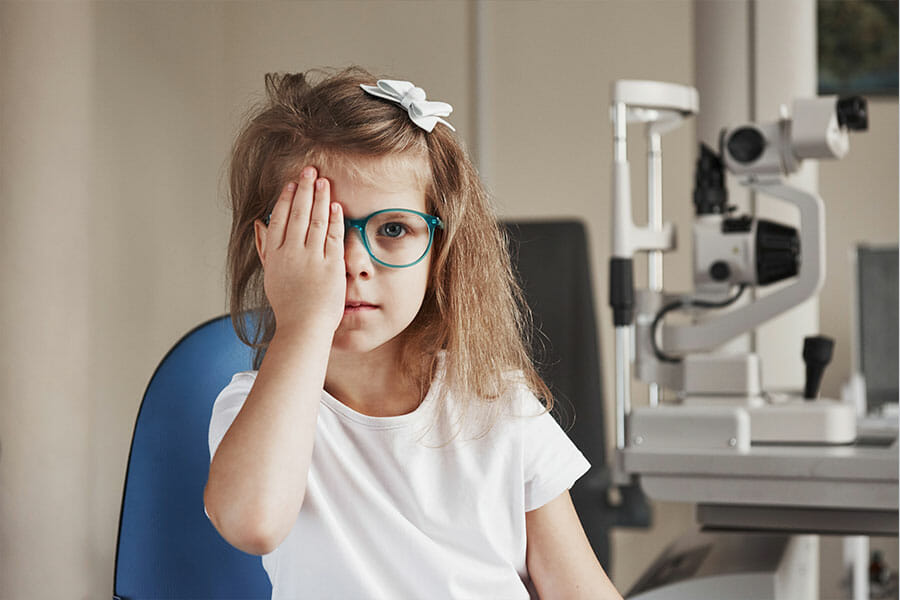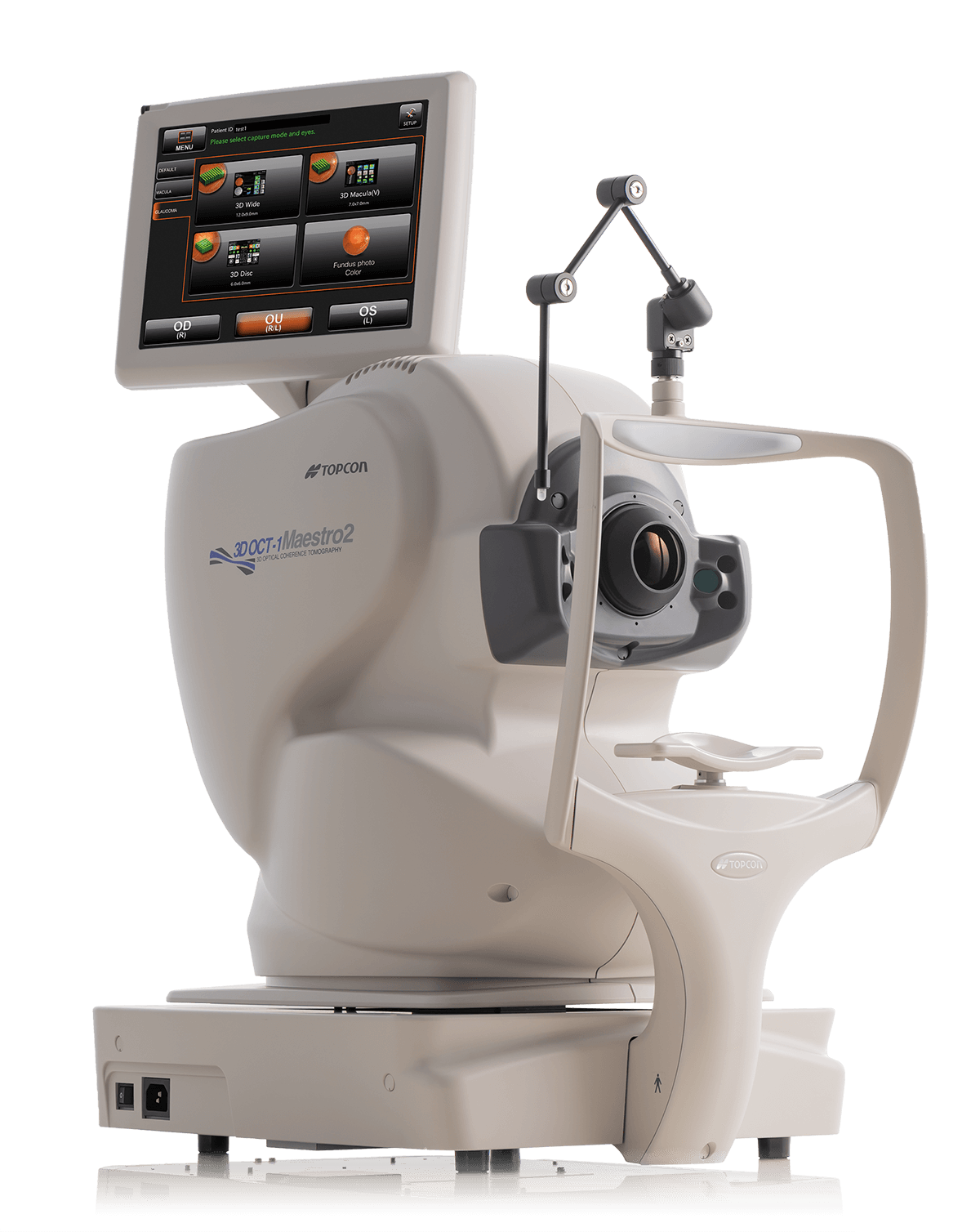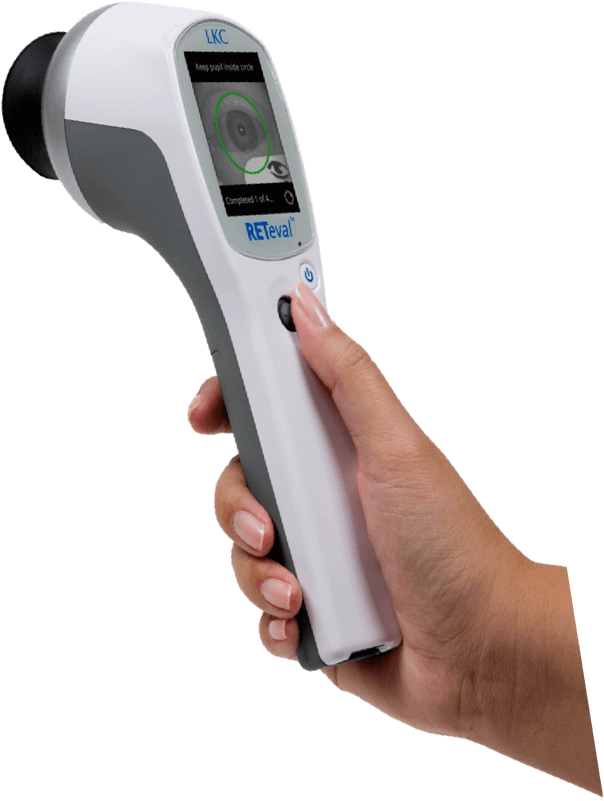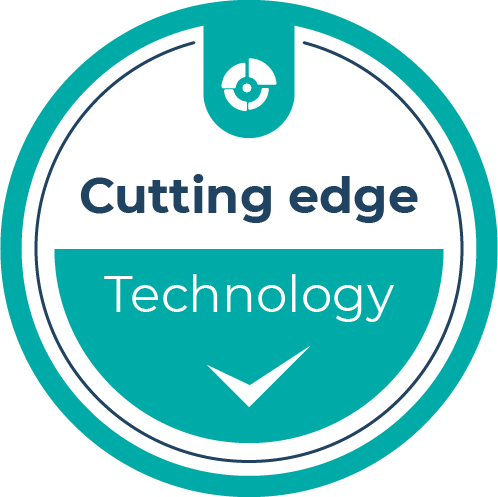Comprehensive pediatric eye examinations are critical for monitoring vision and overall eye health in children.
A pediatric eye exam is more than a simple screening, it is an assessment of your child's visual function and development and eye health including:
- Eye diseases and disorders
- Infections
- Evidence of visual-motor, cognitive, and neurological deficits.
An accurate description of visual strength not only takes acuity into account but our ability to gather and process visual information. A child may have "perfect" vision but struggle with optometric deficits that affect learning. Studies show that most vision problems that affect learning are not caused by poor eyesight. In many instances, there is nothing wrong with the visual system. Often, issues related to visual-motor or cognitive-developmental delay can be detected during such examinations.












